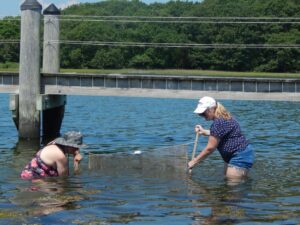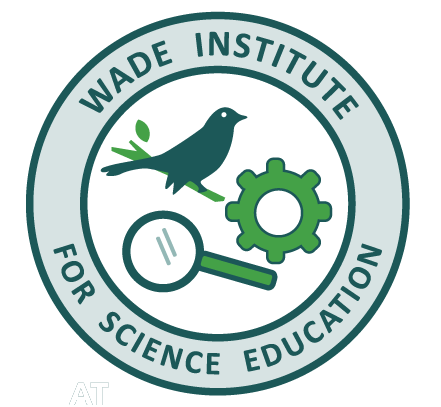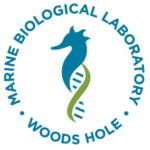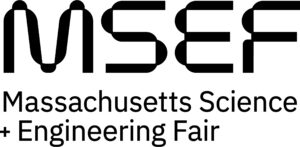Research and Resiliency: Exploring the Ways Local Ecosystems are Responding to Our Changing Climate
A 5-Day Summer Professional Development Institute for Grades 6-12 Educators
July 14th-18th, 2025
 How are human activities impacting our planets’ climate, water cycle, and the balance and distribution of species and ecosystems? How are scientists investigating these questions in Massachusetts, and what steps are people taking to help have a more positive impact?
How are human activities impacting our planets’ climate, water cycle, and the balance and distribution of species and ecosystems? How are scientists investigating these questions in Massachusetts, and what steps are people taking to help have a more positive impact?
The Wade Institute, our partners, and participants explored habitats along the Massachusetts coast as we investigated the ecology of these environments. Coastal habitats are continually threatened by increased storm events, sea level rise, increased global temperatures, invasive species, coastal runoff and tidal restrictions, all of which are exacerbated by climate change. During this one-week institute, educators learned how scientists and conservationists work together to protect and preserve the health of these local ecosystems.
We investigated how to determine and evaluate the health of an ecosystem, explored engineering solutions that could minimize the impacts of climate change on local habitats, and discovered how plants and organisms are adapting to life in a continually changing climate. We toured labs at the UMass Dartmouth School for Marine Science & Technology (SMAST) in New Bedford and learned about research happening there. Then we ventured into the field with scientists and used a variety of scientific tools and techniques to collect and analyze climate-related field data. Teachers identified  resources and methods for engaging their students in data collection and introduce them to scientific research and potential career opportunities. Each day was filled with field trips, hands-on investigations, and discussions aimed at highlighting the resiliency of our local habitats. We learned how each collaborating partner site can be a resource for educators and their students during the school year. Finally, participants left the institute with a toolkit for using real life data with their students.
resources and methods for engaging their students in data collection and introduce them to scientific research and potential career opportunities. Each day was filled with field trips, hands-on investigations, and discussions aimed at highlighting the resiliency of our local habitats. We learned how each collaborating partner site can be a resource for educators and their students during the school year. Finally, participants left the institute with a toolkit for using real life data with their students.
Thank you to the Lloyd Center for the Environment, New Bedford Whaling Museum, Marine Biological Laboratory, Massachusetts Science and Engineering Fair, and the UMass Dartmouth School for Marine Science & Technology (SMAST) for their participation during this institute!
Collaborating Partners:
Lloyd Center for the Environment; New Bedford Whaling Museum; Marine Biological Laboratory; Massachusetts Science and Engineering Fair




